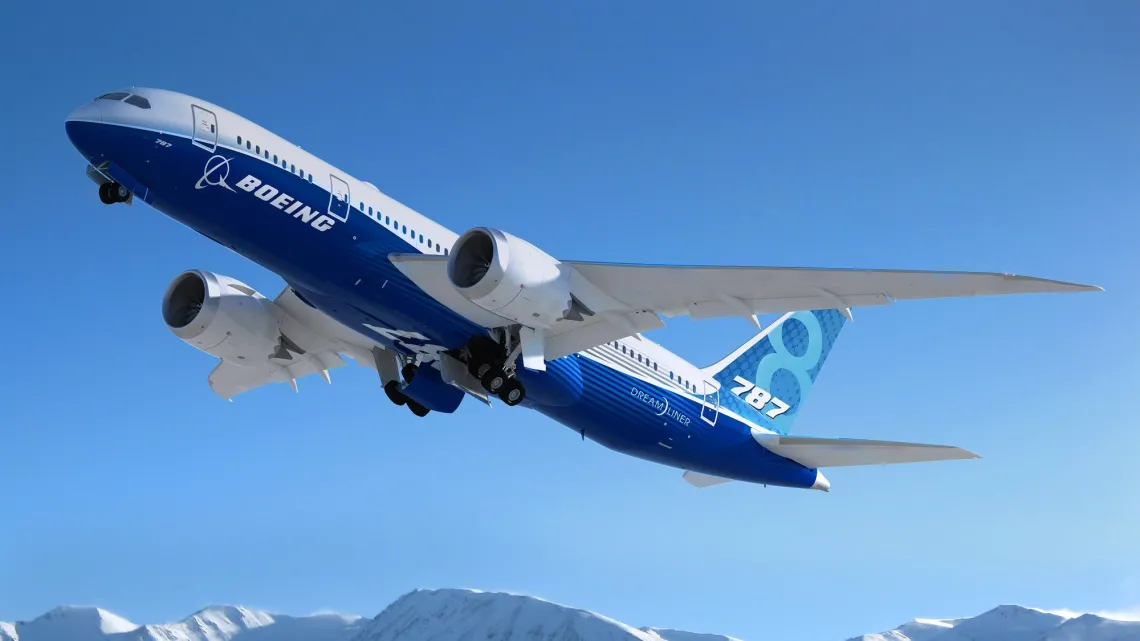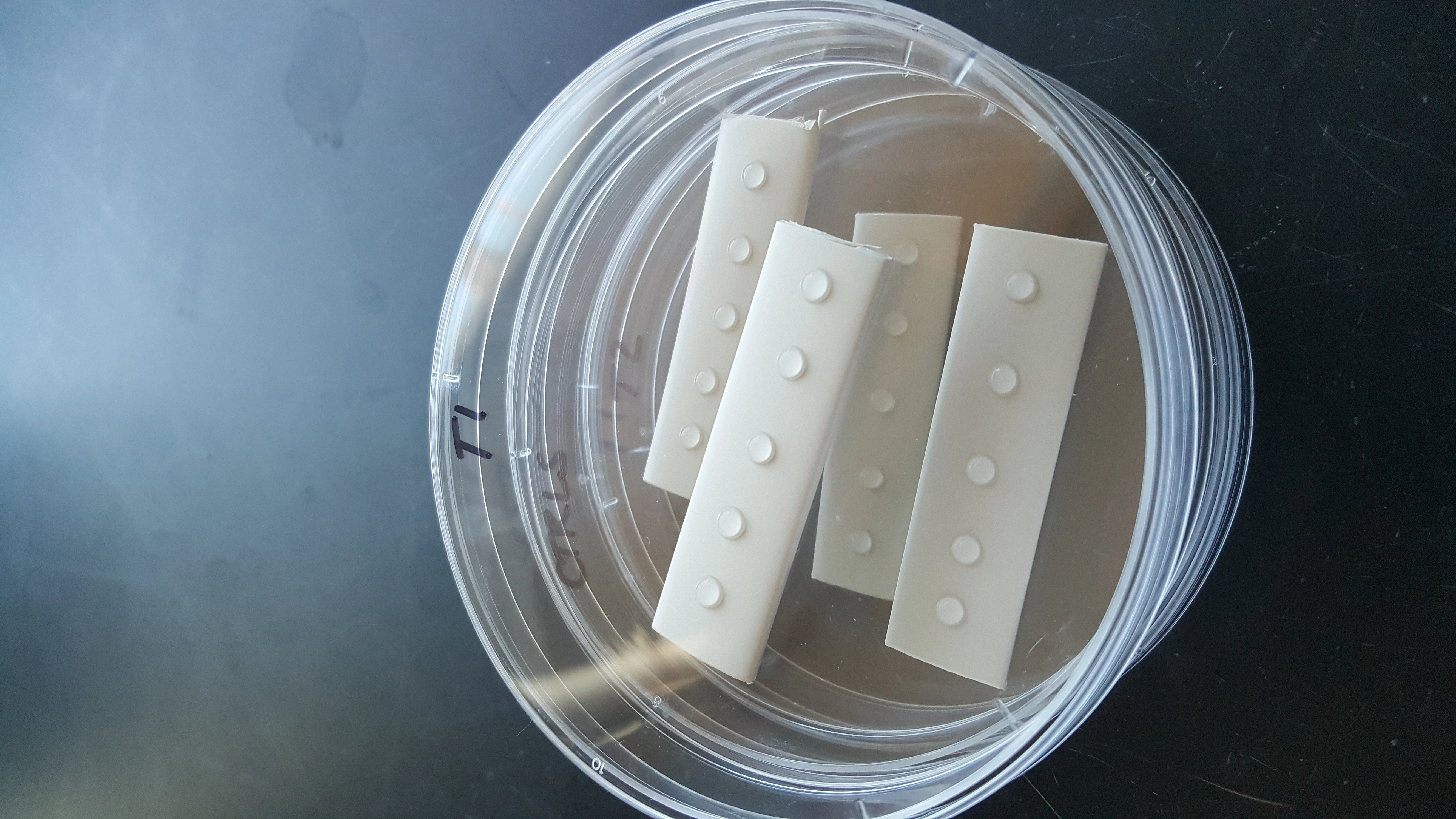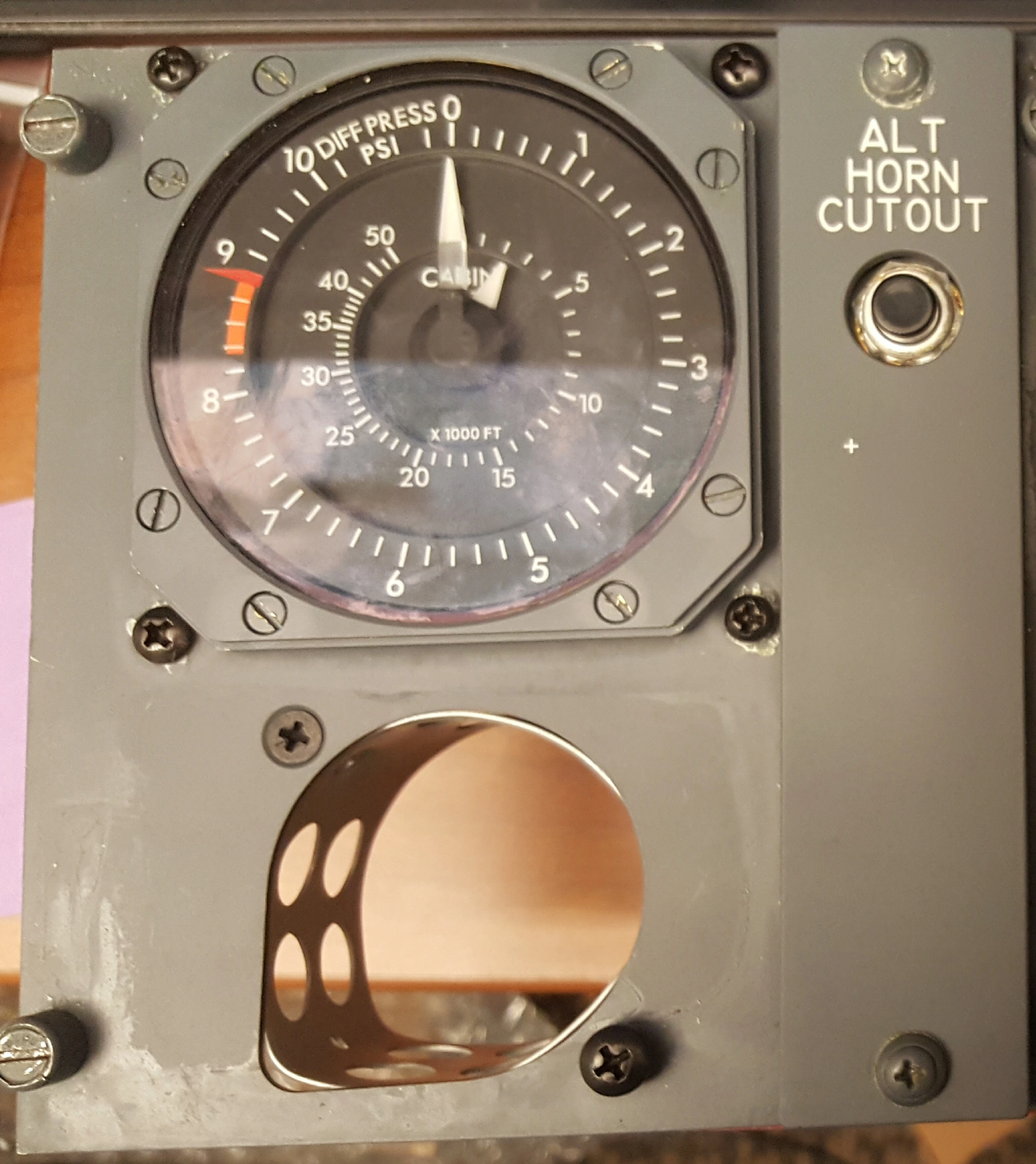WEST and Boeing: Making it safe to fly again

Source: Boeing
In the summer of 2020, Boeing, the world’s largest aerospace company and leading manufacturer of commercial jetliners, defense, space and security systems, reached out to WEST to collaborate on research to ensure safe air travel conditions for flight crews and passengers in the face of global pandemic conditions.
Since that time, the company and WEST Center have collaborated on a series of research projects to determine the effectiveness of various disinfectants and applications within the airplane environment.
Study 1
A first study, conducted in summer 2020, was a ‘mock airplane study.’ In this project, a mock fuselage in Seattle, WA, was seeded with a viral surrogate, MS2 bacteriophage (ATCC 15597-B1), in different locations to determine virus survival on arm rests, tray tables, and other surfaces. With knowledge of expected virus survival, researchers then investigated the efficacy of various surface disinfection treatments, including a variety of chemicals and application techniques (e.g. wiping or spraying).
Sample processing and analysis were conducted in the WEST Center laboratories by microbiology faculty, staff, and students. Dr. Gerba and Ph.D. student Sarah Abney also traveled to Seattle for on-site work.
While the study provided some guidance, limitations of the surrogate led to a second project. MS2 is widely used as a tracer/surrogate in viral studies as it’s easy to work with, provides quick results, and is non-pathogenic to humans. However, it is unlike coronavirus in that it is a non-enveloped virus. This attribute makes MS2 tougher and more resistant to breakdown than SARS-CoV-2.
Study 2
To provide information more directly pertinent to deterring the pandemic virus, a second more-targeted study looked at disinfection efficacy against three viruses: MS2, human coronavirus 229E (ATCC VR-740), and SARS-CoV-2 (BEI Resources NR-52281). Though human coronavirus 229E is a human pathogen, it is considered a surrogate for SARS-CoV-2 and can be studied in laboratories with a Biosafety Level 2 (BSL2) classification, such as those at WEST Center.
Experiments using MS2 and human coronavirus 229E were conducted at WEST Center. Work with actual SARS-CoV-2 was conducted by Dr. Luisa Ikner in a Biosafety Level 3 (BSL3) laboratory at the University of Arizona’s Thomas W. Keating Bioresearch Building / BIO5 Institute.
WEST researchers, including Dr. Ikner, Brianna Leija, and student Andrew Rabe, studied the anti-viral efficacy of several different disinfectant chemistries against the three viruses on four surface types commonly found in airplanes. Chemical disinfectants ranged from alcohols to quaternary ammonium compounds. Researchers additionally assessed the effect of the chemical disinfectants when applied via spray device or by towelettes.
Study 3
A third study, conducted during fall 2020, investigated the use of heat and humidity to deactivate coronaviruses. In this thermal inactivation project, the three viruses (MS2, human coronavirus 229E, and SARS-CoV-2) were applied to flight panels from a Boeing aircraft cockpit and dried. The surfaces were then exposed to a variety of temperatures and humidities. The effectiveness of thermal treatment on different surfaces – including glass, plastic, and rubber push-buttons – was evaluated.
Results of the three Boeing projects at WEST Center will inform how airplanes are disinfected for public health and safety during travel. Additionally, the research sheds light on how viruses behave on different types of surfaces. Stay tuned for publications!
For more information, contact Dr. Luisa Ikner at ikner@email.arizona.edu.
Dr. Gerba and his team are leading anti-microbial researchers in the United States. To read about a similar Boeing project in space, see the UPI Science News article (March 19, 2021), Astronauts test virus-killing substance in space station.



